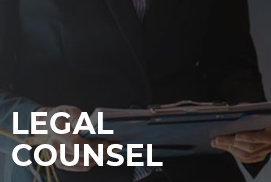

As the esports industry continues to grow and mature, legal issues have become increasingly important. With large amounts of money and intellectual property at stake, it is crucial for esports organizations to have legal experts on their team. This is where a career as a legal counsel in the esports industry comes into play.
A legal counsel is a lawyer who provides legal advice and guidance to businesses and organizations. In the esports industry, a legal counsel would work with esports teams, organizations, and event organizers to navigate legal issues such as player contracts, sponsorship agreements, and intellectual property disputes.
One important aspect of the legal counsel’s role in esports is ensuring that teams and organizations are complying with regulations and laws. This includes making sure that players are properly compensated, contracts are fair and legal, and events are run in compliance with applicable laws and regulations.
Another important function of a legal counsel in esports is to assist with negotiations and agreements. This includes drafting and reviewing contracts, negotiating with sponsors and partners, and helping to resolve disputes between parties.
In addition to traditional legal skills, a legal counsel in esports must also have a strong understanding of the industry and its unique issues. This includes knowledge of the games themselves, as well as an understanding of esports events and tournaments, the business models of esports organizations, and the role of players and teams in the industry.
To become a legal counsel in the esports industry, one typically needs to have a law degree and experience practicing law. It is also helpful to have a background in or knowledge of the esports industry, as well as experience working with contracts and negotiations.
The role of a legal counsel in the esports industry is crucial for the continued growth and success of the industry. As esports continues to grow and evolve, legal issues will become increasingly complex and important. A legal counsel with expertise in both traditional legal skills and the unique issues facing the esports industry is essential to ensuring the industry’s continued success.
